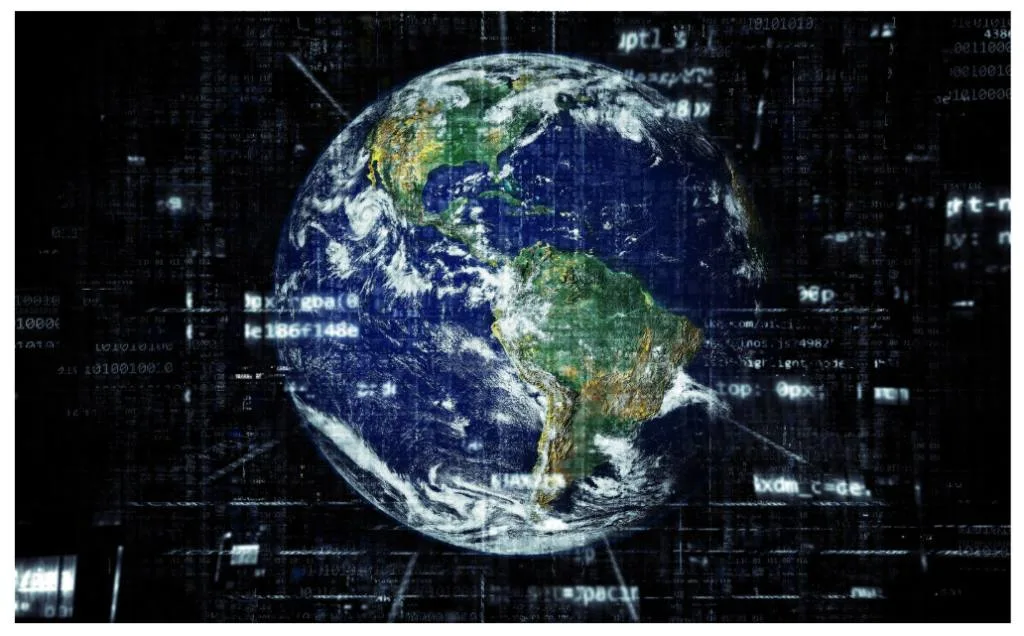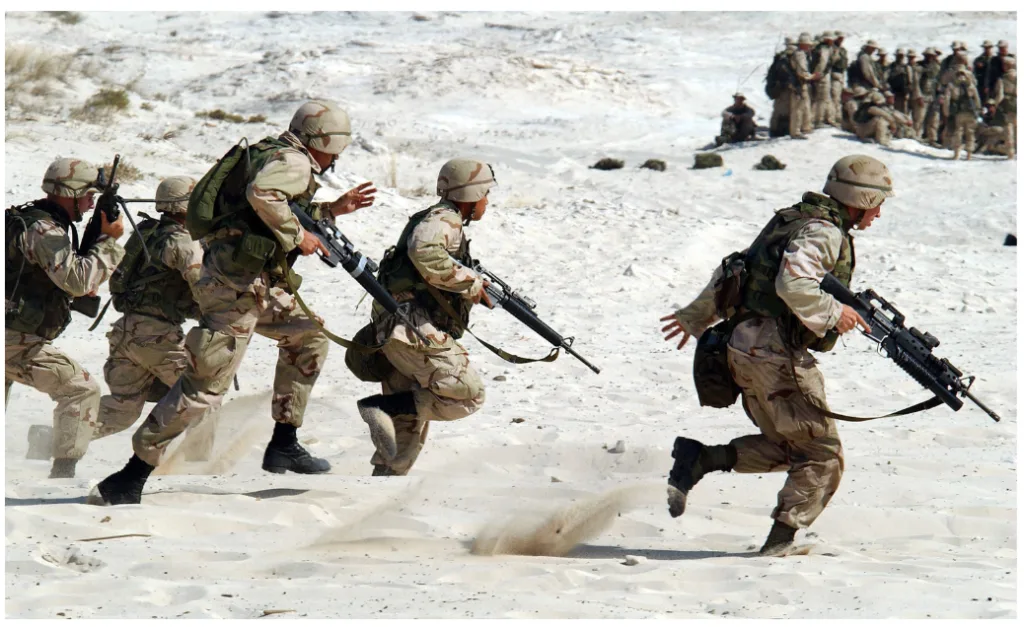
Will the COVID-19 Pandemic be the End of Globalization?
As it stands today, the world is in the midst of the worst pandemic since 1918. Countries have closed their borders, critical medical supplies are in short supply, people are hoarding food (and toilet paper), and the number of COVID-19 cases are rising fast (so too is the death toll).
Some of you may be wondering what happens next after the dust settles from this pandemic disaster. The big question is whether or not the world will ever be the same again. And that’s an important question, especially for investors.
Here are my thoughts on that question; feel free to disagree.
Food Security Has Become A Major Issue

First, I think this crisis shows us just how fragile our modern world and way of life actually is. We take so much for granted…like our food supply. I think one of the big takeaways from this crisis will be the issue of food security.
The entire modern supply chain is based on just in time delivery to ensure the fast, efficient delivery of food (and goods) with minimum waste and storage costs. Now we have empty grocery store shelves and I don’t for a second believe that’s just the result of a few bad apple panic buyers. I think when all is said and done we’ll need to take the issue of food security more seriously.
If you think I’m crazy for flagging the food issue, there are reports that some countries are banning food exports. (Here’s the link to the Bloomberg article). Yes that’s right people, and we are not even a month into this crisis.
Luckily, Canada is a net exporter of food. But we also import a ton of fruit and veggies from the hard-hit US. Those food supplies could be at risk if the whole country is on quarantine lock down and unable to harvest or the US simply takes emergency measures and bans all food exports. It’s unlikely, but a possibility nonetheless.
Countries around the world might be wise to add to their national stockpiles while they still can. Early on in the COVID-19 crisis, China bought up all the rice supply that was slated for export. Many other Southeast Asian countries (eg. Vietnam) are also building up their national emergency stockpiles of rice.
We Reached Peak Globalization
The second thing this crisis has shown us is that, surprise! Everything we use comes from China! And that includes critical medical supplies of PPE (latex gloves, N95 masks, surgical masks, gowns, face shields, etc., etc.).
Countries that make this badly needed equipment are hoarding it all for themselves. That’s forcing states to manufacture their own for this crisis. So now GM isn’t making cars, but will be making ventilators in partnership with a medical supply company.
For over 20 years, rich Western countries outsourced nearly all manufacturing to Southeast Asia and that included critical medical supplies and even drug manufacturing.
Trade relations with China were already strained due to Trump’s trade war before the pandemic emerged, and now the US, Canada, and Europe can’t source those supplies because of a China first policy to deal with its own national emergency. What little has made it out of China was defective and poorly made.
Quite simply, our governments dropped the ball and now we have a major health crisis with national security implications. After this crisis passes, we will undoubtedly reassess our manufacturing needs and capacity. I wouldn’t be surprised if some countries choose to repatriate the manufacturing of drugs, medical supplies and possibly more.
In short, we may see the opposite of globalization where countries strive to become more self-sufficient.
That’s why I think we may have reached Peak Globalization. From this point on, countries, particularly in the West, will place greater value on the security and resiliency of their most vital supply chains rather than on efficiency and cost metrics.
I predict that will mean rebuilding our manufacturing capability in vital areas such as medicine and drug production, critical medical equipment and personal protective equipment (PPE).
Will the Fallout from the COVID-19 Pandemic Lead to War?

Finally, this pandemic may be increasing the chances of a future superpower showdown between the US and China.
Relations between the US and China were already strained amid the trade war and strategic military rivalry over the past decade.
Each state views the other as a strategic, military, economic and ideological threat. The conventional view in the West is that China lied and tried to hide the threat of the coronavirus and now the world is paying the price.
To be sure, China certainly obscured the true number of infections and I suspect the number of deaths from COVID-19. In the West, the virus seems to be much more serious than the information out of China suggested. I alluded to this in a February Recap post when I saw pictures of crop dusters spraying disinfectant over major Chinese cities.
The hashtag “China lied and people died” is still trending. I read a report in Newsweek that looked at the number of cremations for Wuhan. It mentioned tens of thousands of urns were delivered to the residents of Wuhan in the past week.
While anecdotal, it suggests that the true death toll was over 25 thousand people in that city. If true, that could mean that the total number of COVID-19 cases was 10 times higher (at 800k) than the official Chinese report of about 80k.
Given what we’re seeing in New York City, I’m inclined to believe that the numbers coming out of China were absolute BS!
Over the past few weeks, Trump has seized on every opportunity to call out the Chinese government for its handling of the COVID-19 crisis that turned a local outbreak into a global pandemic. He accuses the Chinese Government of misleading the world on the true nature of the severity of the virus. No doubt, this crisis will be viewed in Washington as just another example of why the West can’t trust China.
Once the fallout from this crisis has settled, it could be a turning point in US-China relations that eventually leads to war.
A Global Leadership Vacuum
As far as the US is concerned, the response to the pandemic has been nothing short of a complete disaster. There is no real national leadership on the issue (yet) and lots of political infighting and bickering.
One thing for sure is that Trump’s just not up to the job and, face it pro-Trumpers, he never was.
In the midst of the greatest crisis since the Second World War, the US is not displaying any global leadership whatsoever. Investors take note: the entire international system seems to be weakening and that doesn’t really bode well for future returns.
Since he took office, Trump has prided himself on destroying relationships with important long-time allies and doing his part to dismantle the international post-World War 2 order that has brought an unparalleled degree of stability and prosperity to the world.
And now, in the midst of the greatest international crisis since the Second World War, US leadership is non-existent. That will have serious consequences in the coming years, no matter who occupies the oval office after this election.
What Can Investors Expect?
So in the aftermath of the coronavirus pandemic, I think the world will become less globalized, companies will become less profitable and the world will effectively become less safe. For investors that means a lot more political risk and the increasing frequency of so-called Black Swan events like wars or some unforeseen crisis that sinks markets.